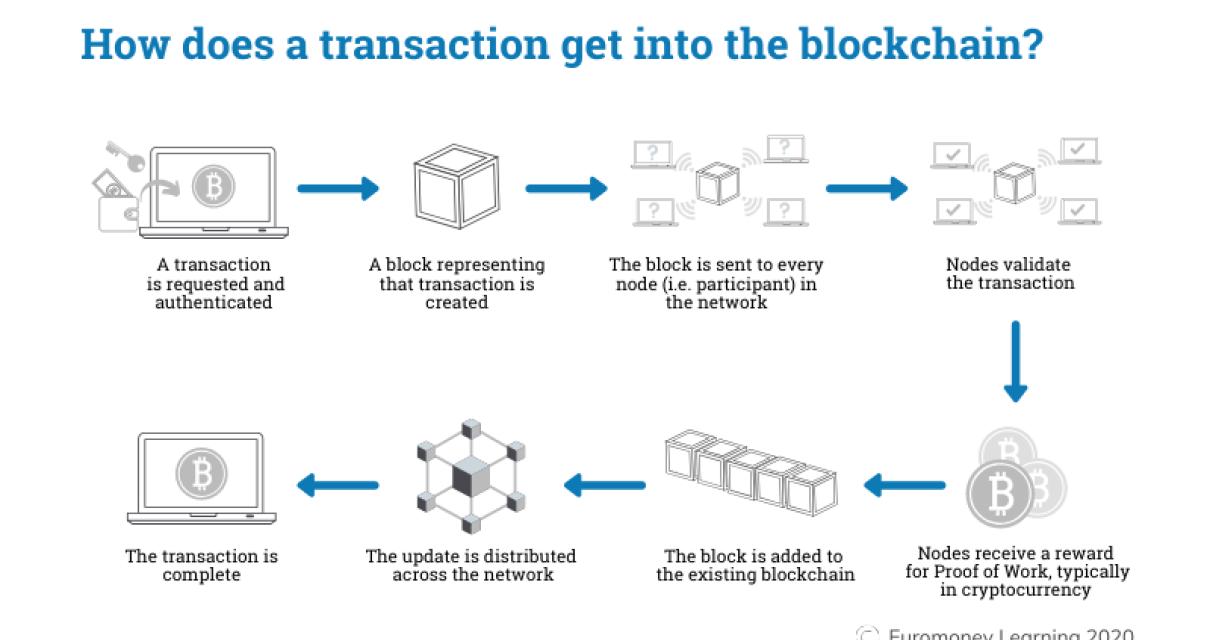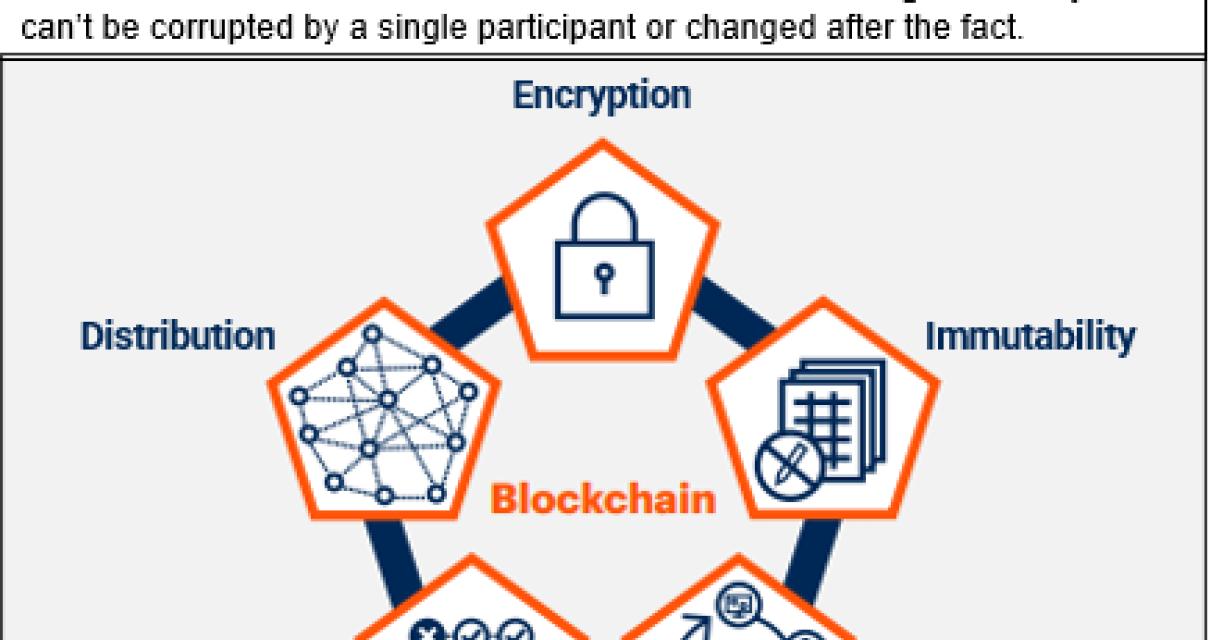What is a blockchain? A simple explanation
is a distributed database that allows for secure, transparent and tamper-proof transactions.
A blockchain is created through a process of “mining”. Miners are rewarded with cryptocurrency (Bitcoin, ethereum, etc.) for verifying and committing transactions to the blockchain. Transactions are verified by network nodes through cryptography and recorded in a public distributed ledger called a blockchain. Bitcoin, Ethereum and other cryptocurrencies are based on blockchain technology.
How does a blockchain work? A simplified guide
A blockchain is a distributed database that maintains a continuously growing list of records called “blocks.” Each block contains a cryptographic hash of the previous block, a timestamp, and transaction data. Bitcoin, the first and most well-known blockchain, is designed to be a decentralized digital currency.
What are the benefits of blockchain technology?
There are many potential benefits of blockchain technology, including:
-Reduced risk of data breaches: Since blockchain is a distributed database, it is virtually impossible for hackers to break into it and steal data.
- Reduced costs: Since blockchain is a decentralized system, it eliminates the need for third-party middlemen, which can reduce costs associated with processing transactions.
- Increased transparency: Since all transactions on a blockchain are public, users can easily see how their money is being spent.
- Increased security: Because blockchain is a distributed system, it is more secure than centralized systems, which can protect users' data from being stolen.

How can blockchain be used in business?
Blockchain technology can be used in business to create a secure, tamper-proof record of transactions. It can also be used to manage and track assets, provide a transparent audit trail, and reduce the risk of fraud.
What are the challenges of blockchain adoption?
There are a few challenges that are associated with blockchain adoption. One challenge is that many people do not understand what blockchain is. Another challenge is that blockchain is still in its early stages, and there is not yet a widespread consensus about how it should be used. Finally, some companies are hesitant to adopt blockchain because they do not believe that it is necessary or worthwhile.
What is the future of blockchain technology?
Blockchain technology is an open, distributed ledger that can record transactions between two parties efficiently and in a verifiable way. It is potentially disruptive because it allows for secure, transparent and tamper-proof recordkeeping. As such, there is speculation that blockchain technology could be used to replace traditional systems such as banking, insurance and stock markets. While there is no consensus on how blockchain will ultimately impact these industries, its potential is certainly worth investigating.

How is blockchain changing the way we do business?
Blockchain is changing the way we do business in a few key ways. First, it is providing a public, transparent ledger of all transactions, which allows for more trust and transparency between parties. Second, blockchain is enabling new types of transactions that were not possible before, such as peer-to-peer transactions and transactions between anonymous parties. Finally, blockchain is creating new opportunities for businesses to improve their efficiencies and lower costs.
What are the implications of blockchain technology?
There are a few potential implications of blockchain technology. The first is that it could potentially revolutionize the way transactions are conducted. Instead of having a central authority, such as a bank, manage and execute transactions, blockchain could allow for transactions to be conducted between parties directly. This could reduce the costs associated with transactions and make them more secure.
Another potential implication of blockchain technology is that it could help to decentralize the economy. Instead of having a single authority responsible for managing and regulating the economy, blockchain could allow for different actors to contribute their own resources to the system in order to achieve a common goal. This could lead to a more efficient and decentralized economy, which would benefit everyone involved.
Overall, blockchain technology has the potential to revolutionize a number of aspects of the economy, and its impact on society is still unclear. However, its potential implications are definitely worth considering.
What is your experience with blockchain technology?
I have a lot of experience with blockchain technology. I first heard about it when I was reading about Bitcoin in 2013. I was immediately interested and started to learn more about it. I have been following the development of blockchain technology since then and feel very knowledgeable about it. I believe that blockchain technology has the potential to revolutionize many industries, including finance, healthcare, and more.